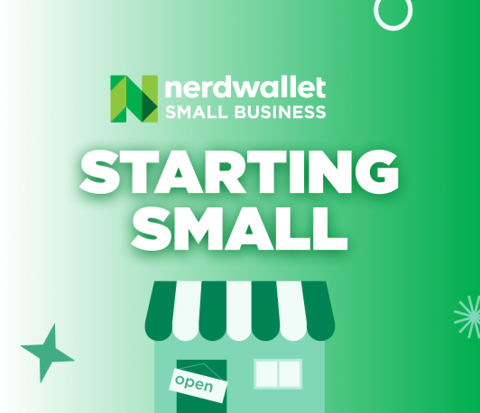Payoneer vs. PayPal: Which Is Right for Your Business?

Many, or all, of the products featured on this page are from our advertising partners who compensate us when you take certain actions on our website or click to take an action on their website. However, this does not influence our evaluations. Our opinions are our own. Here is a list of our partners and here's how we make money.
Payoneer pros and cons at a glance
Pros
No setup or monthly fees.
Accepts international payments.
Cons
Limited functionality; can’t accept in-person payments.
Customers report account freezes and terminations, resulting in the loss of funds.
Must pay a withdrawal fee to move funds from your Payoneer account to your bank account.
PayPal pros and cons at a glance
Pros
One of the most commonly used payment processing platforms.
Easy to use and integrate with website hosts and shopping carts.
Transparent fixed fees in 25 currencies.
Cons
PayPal’s offerings are vast and can be difficult to grasp quickly.
Payment processing can be expensive for small purchases.
Not ideal for high-risk or high-volume businesses.

Payoneer features and pricing
Payoneer features
- Customer payments land in the Payoneer account; merchants then transfer the funds to their business bank accounts or withdraw the funds from their Payoneer accounts at ATMs. They can also make purchases online or in-store using their Payoneer funds.
- Customers can pay via credit card or ACH direct deposit, or from their own Payoneer accounts if they’re also Payoneer customers.
- Merchants can pay contractors, employees, suppliers, partners, contractors or any other business associate using ACH bank debit, credit card or local bank transfer, either on a per-project basis or by setting up an automatic monthly payment.
- Payoneer also offers a prepaid Mastercard (for a $29.95 annual fee).
- Payoneer has a mobile app for iOS and Android.
- Payoneer enables users to easily pay EU and UK VAT.
Payoneer pricing
Receiving funds
- Free if from another Payoneer customer.
- Free if from receiving accounts in USD, EUR, GBP, JPY, CAD, AUD and MXN.
- 1% for ACH bank debits.
- 3% for credit cards.
- Fees vary if you’re receiving payment from a marketplace network such as Upwork or Airbnb.
Sending funds
- Free if to another Payoneer account.
- $1.50 if payment in USD, EUR or GBP goes to account in the same country with the same local currency.
- 1% for ACH debit payments.
- 1% for local bank transfers.
- Up to 2% if to a non-Payoneer account.
- 2% for batch payments to up to 200 bank accounts at once.
- 3% for credit card payments.
Withdrawing funds
- $1.50 if to a local bank account in the same currency.
- Up to 2% above market currency conversion rate if to a local bank account in a different currency.
Other
- 0.5% to move funds between Payoneer balances.
- $29.95 inactivity fee if there are no transactions in an account for 12 months.
Cheaper than POS systems in some cases

PayPal features and pricing
PayPal features
- PayPal Zettle offers mobile POS software and a range of hardware. Customers can use a variety of payment methods, including their own PayPal or PayPal Credit accounts, credit card, debit card and Venmo. PayPal Zettle also accepts contactless payments.
- PayPal Payouts lets merchants send mass payments simultaneously in USD, CAD, AUD, EUR, MXN, and GBP, even if they don’t maintain a balance in that currency. Payouts transactions cost 2% of the transaction amount (but are capped at various amounts depending on certain factors). And you have to have a PayPal Business account.
- PayPal Checkout’s Smart Buttons allow online customers to pay at checkout with one click.
- PayPal’s Business Debit Mastercard is also available (no annual fee).
- Payflow Payment Gateway allows business owners to accept payments online, linking their website and merchant account. Upgrading to a Payflow Pro account lets you build a fully customizable online checkout process.
- PayPal integrates with hundreds of platforms, including Shopify, WooCommerce, Mailchimp and Xero.
PayPal pricing
Payment processing
- 2.29% plus 9 cents for in-person and QR code transactions.
- 3.49% plus 9 cents for manual-entry card transactions.
- 2.99% plus 49 cents for invoicing (payment made with card) and PayPal Checkout online payments.
- 3.49% plus 49 cents for invoicing (payment made with PayPal).
Software fees
- PayPal Payments Pro: $30 per month.
- Payflow Payment Gateway: Accept credit cards online for $0 per month with Payflow Link and $25 per month with Payflow Pro, which allows endless online checkout customization.
Hardware fees
- First reader is $29; additional readers cost $79. Price includes USB cable.
- Compact store kit starts at $249 and increases to $578 with addition of an iPad.







